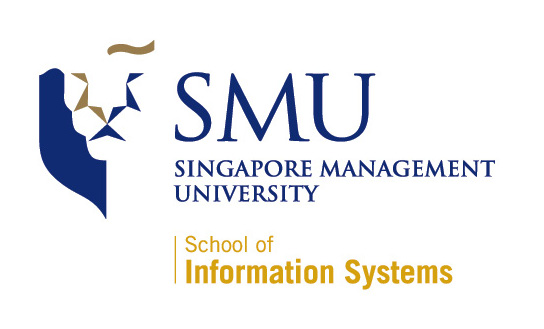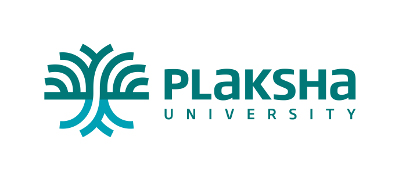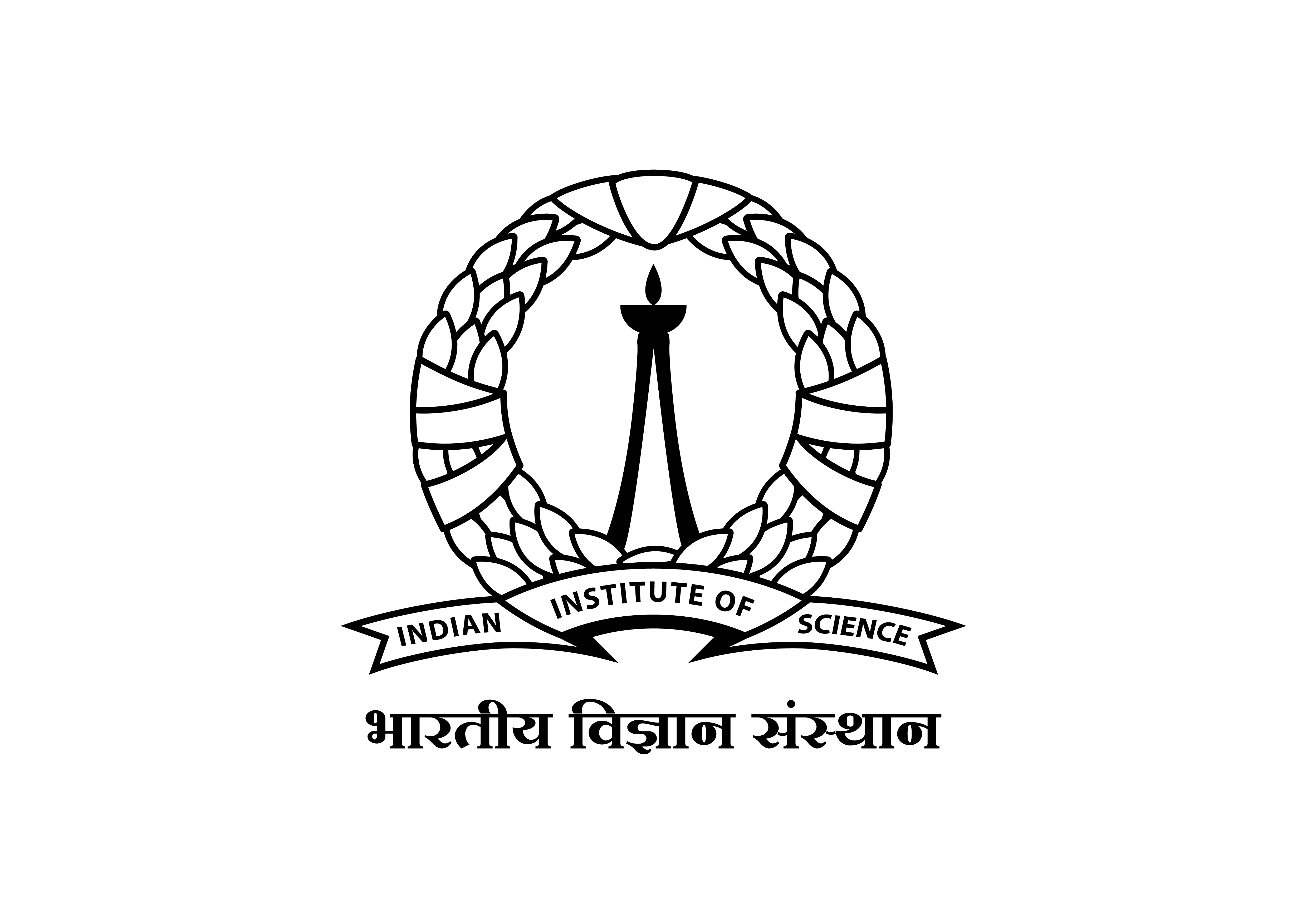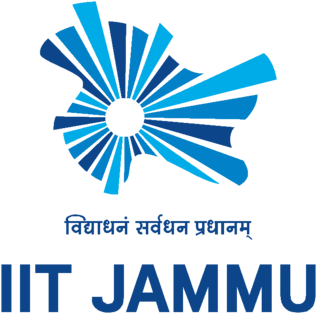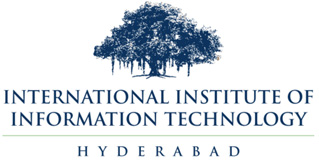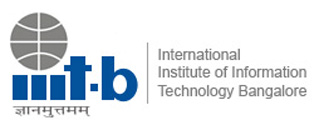Workshop on Machine Intelligence in Networked Data and Systems (MINDS)
Important Dates
| Paper Submission deadline: 27th October 2024 (AoE) |
| Notification of Acceptance: 3rd December 2024 |
| Camera-ready Submission: 10th December 2024 |
| Workshop Date:: 6th January 2025 |
Workshop Overview
As connectivity and storage are getting cheaper, we are seeing more opportunities for data-driven approaches for Networked Data and Systems. The adaptation of machine learning, artificial intelligence, and data analytics techniques in these networked systems is set to transform and disrupt many areas of business and everyday human life. The MINDS (Machine Intelligence in Networked Data and Systems) workshop (co-located with COMSNET 2025) aims to bring together researchers and practitioners to understand and explain this inter-working of machine learning, big data analytics, and networked systems for various application domains.
MINDS welcomes original research submissions that define challenges, report experiences, or discuss progress toward design and solutions that integrate machine learning, artificial intelligence, data analytics, deep learning, mobile systems, and networked systems in various application areas. These application areas include but are not limited to healthcare, environment, retail, transportation, life sciences, e-commerce and cloud services. Contributions describing techniques applied to real-world problems and interdisciplinary research involving novel networking architectures, system designs, IoT systems, big data systems that use techniques from machine learning, artificial intelligence, deep learning, and data analytics as the core component are especially encouraged.
Benefits of Paper submission:
- Chance to present paper to a focused target audience from around the globe
- Global media coverage
The topics of interest include but are not limited to:
Applications
- Design and implementation of intelligent systems for applications such as home automation, self-driving vehicles, driver assistance systems, supply chain, and logistics
- Cloud based machine and deep learning applications in retail and e-commerce
- Machine learning systems for healthcare, weather modeling, financial services, life sciences, and environment monitoring
Internet of Things (IoT)
- Machine learning driven systems using mobile phones, embedded devices, and sensor networks
- Applications of machine learning in IoT, IIoT, manufacturing, and supply chain optimisation
- Experiences in managing wearable devices, smart-home systems and mobile sensor networks
- Learning with Noisy Labels and Adversarial Robustness
Networking
- Root cause analysis and failure prediction using system and network logs
- Applications of machine/deep/reinforcement learning in satellite networks, cellular networks and WiFi networks
- Machine learning driven algorithms and tools for network anomaly detection. Privacy and and network security
- Machine learning and data mining of large-scale network measurements
- Stream-based machine learning for networked data
- Machine learning driven algorithms for network scheduling and control
- Challenges and solutions in IoT data and stream processing at the edge and in the cloud
- Offloading for IoT-Fog interconnection networks
- High dimensional big data (images, videos) analysis using machine/deep learning
- Scalability, privacy, and security of networked learning architectures
- Applications of machine/deep/reinforcement learning for Intent-based Networking (IBN): Intent expression through Natural Language Processing (NLP) and automated policy conflict detection and resolution
- Automated assurance for self-managed networks (Self-Healing, Self-Configuration, Self-Optimization, Self-Protection)
Privacy Enhancing Technologies (PET)
- Privacy in Collaborative Learning, Anonymization
- Differential Privacy, Analysis on Private Data
- Privacy in Federated Learning, Split Learning, and Confidential Computing
- Privacy in Distributed Learning for distributed computation
- Mechanisms using Secure Multi-party Computation, Homomorphic Encryption
- Privacy attacks related to training or inference model, Protection of model at rest and transit
Social Media Networks
- Machine learning driven analysis of text, image, and video data on social media
- Security, privacy, trust analysis, health analytics in social media and digital networks
- Information diffusion modeling and inference, fake news detection, and knowledge transfer in social media and digital networks,
- Anomaly and outlier detection in social networks
- Computational models and agent-based simulations of social networks
- Reinforcement learning, Inverse reinforcement learning, and other learning-based interventions for tackling misinformation spread.
Submission Guidelines
- MINDS invites submission of original work not previously published, or under review at another conference or journal.
- Submissions (including title, author list, abstract, all figures, tables, and references) must be no greater than 6 pages in length.
- Reviews will be double-blind: Information about the authors will not be shared with the reviewers during the review process. The submitted paper should be anonymous and not have any reference to the authors names and/or institution.
- Submissions must follow the formatting guidelines as given on IEEE Website; and those that do not meet the size and formatting requirements will not be reviewed.
- All papers must be in Adobe Portable Document Format (PDF) and submitted through the MINDS Workshop submission site on HOTCRP.
- All workshop papers will appear in the conference proceedings and be submitted to IEEE Xplore as well as other Abstracting and Indexing (A&I) databases.
Papers can be submitted through HOTCRP : <TBA>.
For any queries, please contact us at [email protected]
Technical Program Committee
- Dr. Rohit Kumar, Assistant Professor, DTU India
- Dr. Prem Singh, Assistant Professor, IIITB
- Dr. Manuj Mukherjee, Assistant Professor, IIIT Delhi
- Dr. Dimitrios Dechouniotis, Postdoctoral Fellow, National Technical University of Athens (NTUA), Greece
- Dr. Ram Prasad Padhy, Assistant Professor, IIITDM
- Dr. Pranay Saha, Assistant Professor, Indian Institute of Technology (Indian School of Mines) Dhanbad
- Dr. John Violos, Postdoctoral Research Fellow, Information Technologies Institute (ITI)
- Ramy Mohamed, PhD Candidate and Research Assistant, Carleton University
- Dr. Rahul Singh, Indian Institute of Science
- Dr. Subhasish Dhal, Assistant Professor, Indian Institute of Information Technology Guwahati
- Dr. Maria Diamanti, Postdoctoral Fellow, National Technical University of Athens (NTUA), Greece
- Dr. Md Yusuf Uddin, Assistant Professor, University of Missouri Kansas City (UMKC)
- Grigorios Kakkavas, PhD Candidate, National Technical University of Athens
- Dr. Anurag Satpathy, Postdoctoral Fellow, Missouri University of Science and Technology
- Dr. Andrey Chechulin, St. Petersburg Federal Research Center of Russian Academy of Sciences (SPC RAS)
- Dr. Ioannis Dimolitsas, Postdoctoral Fellow, National Technical University of Athens (NTUA), Greece
- Dr. Bishakh Ghosh, Indian Institute of Technology Kharagpur
- Dr. Aroosa Hameed, Postdoctoral Fellow, Carleton University
- Dr. Shubha Nath, Assistant Professor, Indian Institute of Information Technology Guwahati
- Dr. Dimitrios Spatharakis, National Technical University of Athens(NTUA), Institute of Communication and Computer Systems(ICCS)
- Dr. Konstantinos Tsitseklis, Institute of Communication and Computer Systems (ICCS) & National Technical University of Athens
Workshop Co-Chairs

Marios Avgeris
Carleton University, Canada

Susmita Mandal
IDRBT Hyderabad, India

Sanjeet Kumar Nayak
IIITDM Kancheepuram, India









